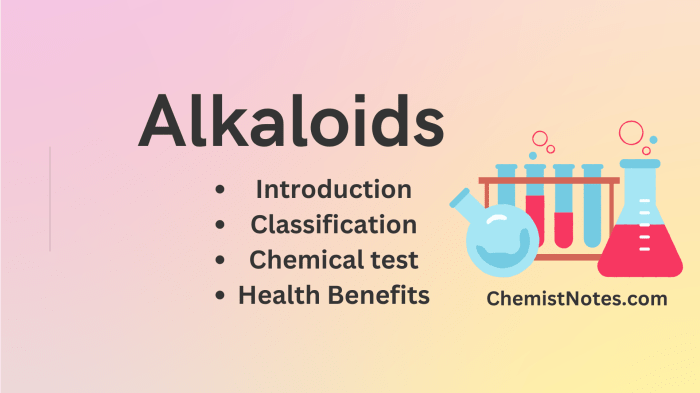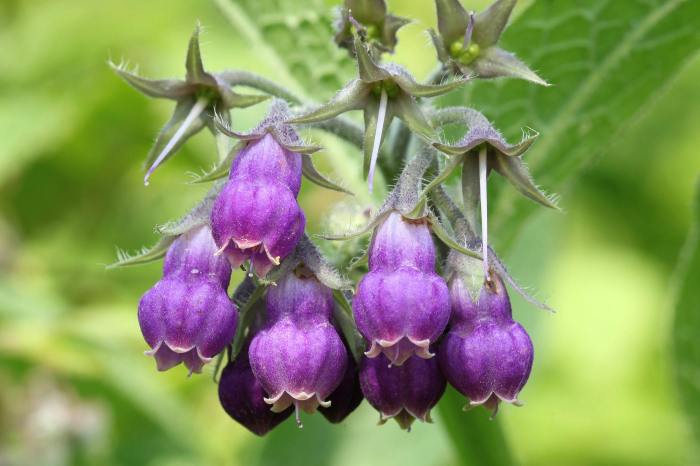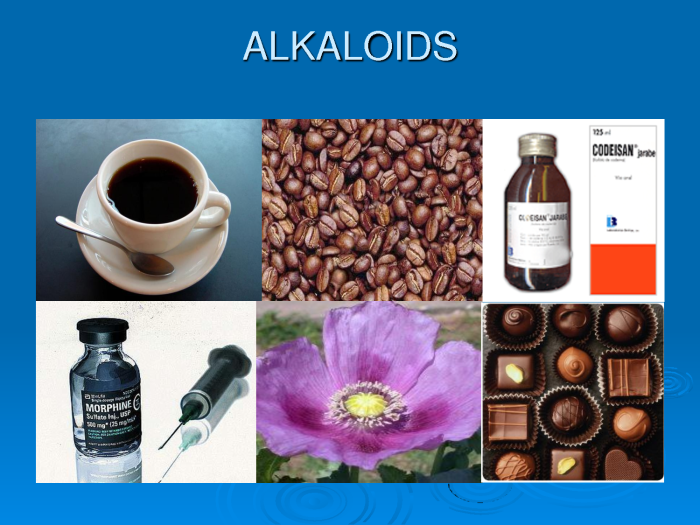A class of organic compounds clue serves as the cornerstone of this comprehensive guide, providing a roadmap to unraveling the complexities of organic chemistry. Delve into a world of functional groups, reactivity, and the diverse applications that make organic compounds indispensable in various industries.
This guide will equip you with the knowledge to decipher the structural intricacies of organic compounds, enabling you to classify them effectively and comprehend their multifaceted roles in the realm of science and technology.
Class of Organic Compounds: A Class Of Organic Compounds Clue

An organic compound is a chemical compound that contains carbon atoms. Organic compounds are classified into different classes based on their structure and functional groups.
The main classes of organic compounds include:
- Alkanes
- Alkenes
- Alkynes
- Alcohols
- Ethers
- Aldehydes
- Ketones
- Carboxylic acids
- Esters
- Amides
Each class of organic compounds has its own unique set of properties and characteristics.
Clues to Identify Classes of Organic Compounds
The functional group is the part of an organic molecule that determines its chemical properties. By identifying the functional group, you can determine the class of the organic compound.
Some common functional groups include:
- Hydroxyl (-OH) group
- Carbonyl (C=O) group
- Carboxyl (-COOH) group
- Amino (-NH2) group
- Alkyl halide (-RX) group
For example, an organic compound with a hydroxyl group is an alcohol, while an organic compound with a carbonyl group is an aldehyde or a ketone.
Common Classes of Organic Compounds

| Class of Organic Compound | Functional Group | General Formula | Examples |
|---|---|---|---|
| Alkanes | None | CnH2n+2 | Methane, ethane, propane |
| Alkenes | C=C | CnH2n | Ethylene, propene, butene |
| Alkynes | C≡C | CnH2n-2 | Acetylene, propyne, butyne |
| Alcohols | -OH | ROH | Methanol, ethanol, propanol |
Applications of Organic Compounds

Organic compounds are used in a wide variety of applications, including:
- Fuels
- Plastics
- Pharmaceuticals
- Food additives
- Cosmetics
For example, alkanes are used as fuels, while alkenes are used to make plastics. Alcohols are used in a variety of products, including pharmaceuticals, food additives, and cosmetics.
Reactivity of Organic Compounds

The reactivity of an organic compound is determined by a number of factors, including:
- The type of functional group
- The presence of other functional groups
- The steric hindrance
- The electronic effects
Organic compounds can undergo a variety of reactions, including:
- Substitution reactions
- Addition reactions
- Elimination reactions
- Redox reactions
For example, alkanes are relatively unreactive, while alkenes are more reactive. Alcohols can undergo a variety of reactions, including substitution, addition, and elimination reactions.
Quick FAQs
What is a class of organic compounds?
A class of organic compounds refers to a group of organic compounds that share similar structural features, functional groups, and chemical properties.
How can I identify different classes of organic compounds?
Functional groups are key identifiers for classifying organic compounds. By identifying the functional groups present in a compound, you can determine its class.
What are some common classes of organic compounds?
Common classes of organic compounds include alkanes, alkenes, alkynes, alcohols, aldehydes, ketones, carboxylic acids, and esters.
What are the applications of organic compounds?
Organic compounds have a wide range of applications in industries such as pharmaceuticals, food, cosmetics, plastics, and fuels.
